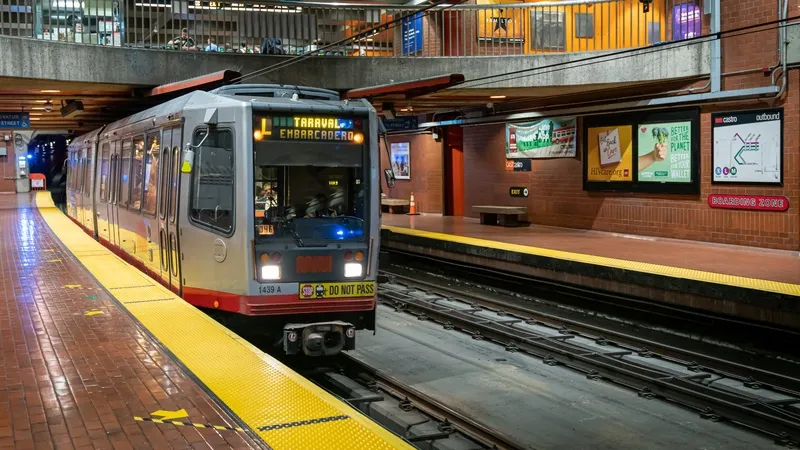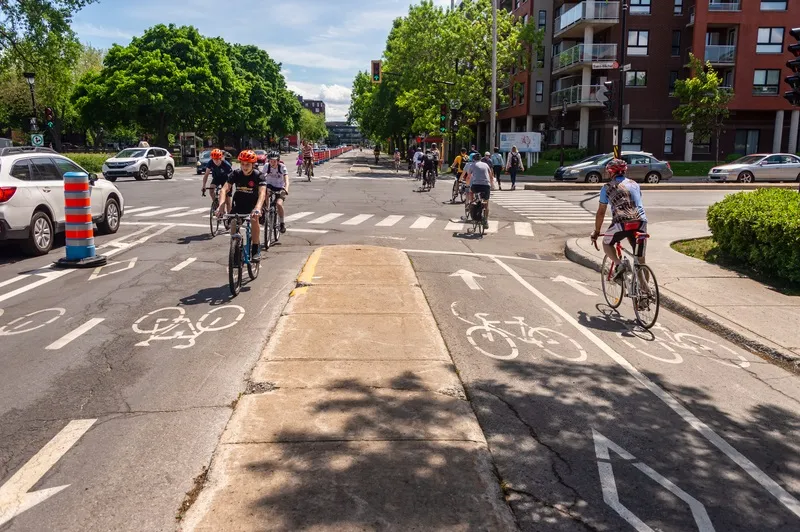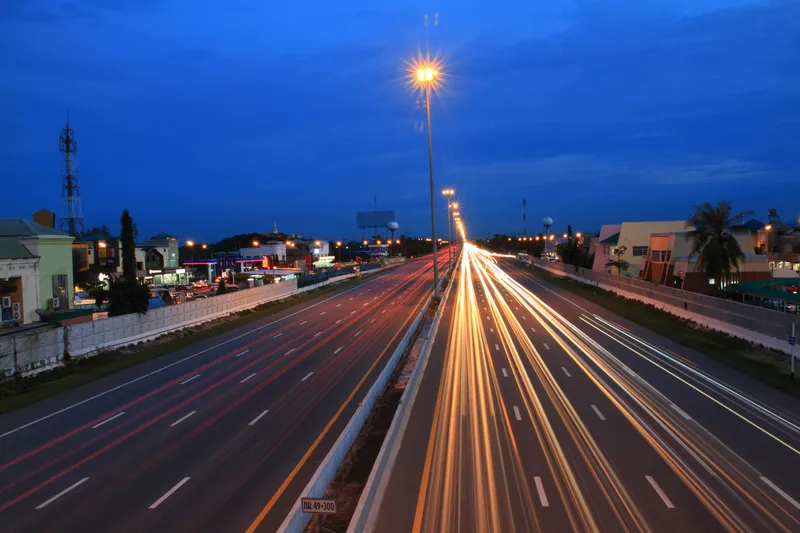
Coronavirus could create a ‘death spiral’ for US city transit in which ridership does not bounce back, potentially leading to the collapse of public transport systems.
That is the stark warning from Jeffrey Tumlin, director of transportation of the San Francisco Municipal Transportation Agency.
Speaking to the New York Times, he said: “Unless the economy comes ripping right back, and there’s a vaccine, and social distancing is eliminated, we fall off the financial cliff in 2023. That would result in such severe service cuts that it puts us on what is called the transit death spiral.”
If worries over infection mean that people stay away from public transport in the long term, then the damage caused by plummeting ridership will continue - and money is running out.
Tumlin’s agency suggests that ridership is down 70% throughout the city, and predicts lost revenues of $568 million over the next four years.
Although the Cares Act injected $25 billion into struggling transit providers, the problems caused by coronavirus – especially when cases are rising in many US states – are not going away anytime soon.
Senator Bob Menendez, ranking member of the Senate’s transit subcommittee and who was instrumental in securing the Cares Act funding, has led 24 of his colleagues in calling for an additional $32 billion for public transit agencies in the next Covid-19 stimulus package.
In a letter to Senate leaders, they said: "Many transit agencies, particularly those hardest hit by the pandemic, will exhaust their Cares Act funds before the end of the year."
“Through the depths of the current crisis, public transportation agencies have continued operating to ensure that essential workers and others can do their jobs and get back to their families at the end of each shift,” the letter said.
“These operations have enabled our economy to stay alive, but they have come with massive increases in costs while revenues have fallen.”
New York says its transit system has been losing as much as $800 million per month in fares and other revenue as the pandemic restricts travel.
In general, current cuts in services could become widespread and long-lasting, with infrastructure upgrades also put on hold, making public transport an ever-more unattractive option.
Global public transit use was down by as much as 90% in the first month of widespread lockdowns.









